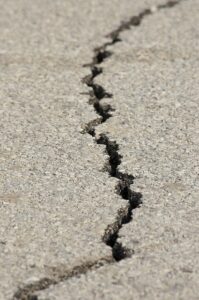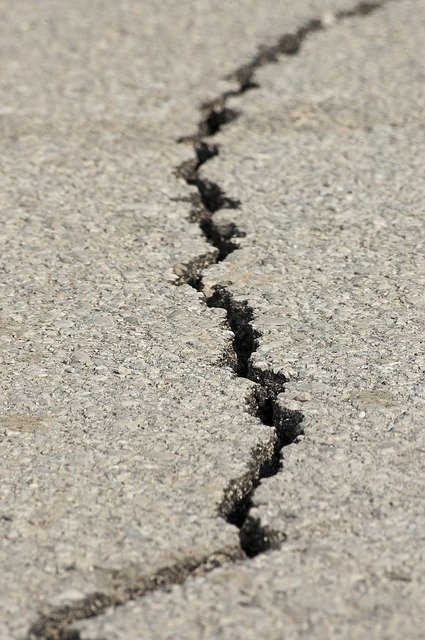Stress Fractures
 The little bone crack that could
The little bone crack that could
I’m quite excited this week to have a stress fracture. It give me something to talk about.
Remember I’m not a doctor so you should ignore most, if not all of my advice.
What is a stress fracture? It is a crack in one of your bones caused by repetitive impact.
Symptoms and diagnosis:
Typically, a stress fracture will occur in in the lower extremities – think hips, knees and feet. Most commonly they are in the lower leg – think shins and the feet. These kinds of fractures are more common with runners because of the nature of what we do.
Some estimates say that 40% of runners will have a stress fracture in their lifetime. And, as we’ll talk about a bit later, they are more common in women.
The symptoms are a deep pain inside a joint or somewhere else. This can be a sharp pain that typically occurs during use or it can be a lasting ache after use. It will feel better with rest, but then come back when you use it.
There may be noticeable localized swelling around the area of the injury. If you keep running on it the pain will get worse as the crack gets reopened and the bone isn’t allowed to heal. Eventually the stress fracture will develop into an fracture proper and may require more invasive remedies.
Unlike muscle pain or tendonitis, stress fractures need a longer time to heal. 3 months, or more, is the standard.
Many times, a stress fracture can be seen on an Xray if they are big enough. Sometimes, as in my case, they are so small you need an MRI.
What causes a stress fracture?
There can be many contributing factors to you getting a stress fracture.
First, the nature of the injury is that it comes from repetitive stress. Any sudden increase in volume or intensity can cause it. It’s one of those injuries that will pop up in an intense training cycle or when doing back-to-back races.
Anything that causes an abrupt change in the stress on your bones – like going from trails to road in the middle of a high volume, high intensity cycle.
That being said, if you’re an experienced runner with a good base your bones should be used to the pounding. Your bones, like your muscles, get stronger over time. They just take longer.
Stress fractures can also be attributed to poor running shoes, or bad form.
Genetics play a role. Your bones are specific to your genetics and some people are just more prone to stress fractures.
You can also have underlying conditions that make your bones softer or more brittle that are disease or diet related. Nutrition plays a role. If you are not getting enough or the right kind of nutrients it can weaken you bones. As with everything a whole-food diet is recommended.
Hormones can play a role. Depending on your nutrition and your hormone balance your bone growth can be hampered. Women tend to have hormonal imbalances that my weaken the bones.
Obviously, there are bone specific diseases like osteoporosis, etc. that make bone fractures more likely, but you’ll probably already know about those.
The bone can also have an existing weak spot that gets exploited. For instance if you’ve whacked that spot hard, the bruise can turn into a fracture in subsequent stressing activities.
This is what I think happened to me. I think I smashed this place on my knee by falling, either on a trail run or in a mountain bike crash, to create a week spot. Then the high intensity training pushed it over the edge.
If you get a stress fracture you are part of a large club. This is a common occurrence in elite runners!
Mediation and treatment:
If you stop pushing it soon enough the stress fracture will heal on its own. 3+ months of rest will allow the bone to knit over the crack and it will be good as new, if not better.
If you keep pushing and it turns into an actual fracture you may need a cast to immobilize it or even surgery. The surgery is inserting pins in the fracture to close the crack and hold it there so it can heal. This may take much longer to heal, 6+ months. Once it is healed, they have to go in and take the pins out.
If you want to avoid stress fractures make sure you have the appropriate footwear and clean form. Avoid severe increases or changes in your training volumes and intensities.
In cases where there is a nutritional problem, you can work with a nutritionist to make sure you’re getting what you need for bone health. Most of what I’ve read doesn’t’ recommend supplements as a cure-all, they prefer to adjust the diet instead so you get what you need.
There’s really no way around giving it enough time to heal. Trying to come back to early will reset the clock and may make it worse. That ½ marathon in 2 weeks will have to wait.
Summary
Bone fractures are quite common in runners. Mostly in the lower legs and feet and more often in women.
They can be caused by overuse, pre-existing weak spot, disease, nutrition and hormones or some combination thereof.
Most common treatments include rest, surgery and nutrition adjustment.
Any questions?
Good. Happy stress free running to you all.

